The Role of Parents in Promoting Ethical Fashion
July 16 2024 – Lottie & Lysh

As parents, we play a crucial role in shaping the values and behaviours of our children. One of the most impactful lessons we can teach them is the importance of sustainability and ethical fashion. By promoting an understanding of these concepts early on, we are able to raise a generation that values the planet and makes mindful choices. Here's how we, as parents, can educate our children about sustainability and encourage conscious consumerism from the start.
Educate About Sustainability
1. Lead by Example
Children learn by observing their parents. Demonstrate sustainable practices in your daily life, such as recycling, conserving energy, and making eco-friendly purchases. Show them that your choices are motivated by a desire to protect the environment.

2. Explain the Importance of Ethical Fashion
Talk to your kids about what ethical fashion means. Explain how some clothes are made in ways that are harmful to people and the planet, while others are made responsibly. Use age-appropriate language and examples they can understand.
3. Visit Ethical Stores Together
Take your children shopping at stores that prioritise ethical practices. Explain why you choose these stores over others. Let them see the labels and tags that indicate fair trade, organic, or recycled materials.

4. Storytelling and Books
Read books and watch documentaries about sustainability and ethical fashion. Stories are a powerful way to convey complex ideas in an engaging and memorable way. Discuss the content and relate it to everyday life.
Encourage Conscious Consumerism
1. Teach the Value of Quality Over Quantity
Help your children understand that it's better to have a few high-quality items than a lot of poorly made ones. Show them how to identify well-made clothes and explain how these items last longer and are better for the environment.
2. Involve Them in Purchasing Decisions
Involve your kids in the decision-making process when buying clothes. Discuss the reasons behind your choices, such as the materials used, the production methods, and the company's values. Encourage them to ask questions and think critically about their own choices.
3. Promote Second-Hand Shopping
Introduce your children to thrift stores and consignment shops. Explain how buying second-hand reduces waste and gives clothes a second life. Make it a fun adventure to find unique and special pieces.

4. DIY and Upcycling Projects
Engage your kids in DIY projects that repurpose old clothes. This not only teaches them about recycling but also sparks creativity. Make tote bags from old t-shirts, patchwork quilts from outgrown clothes, or fun accessories like headbands and bracelets. Check out recent blog post on repurposing old clothing in craft activities.
5. Organise Clothing Swaps
Host clothing swaps with friends and family. This is a great way to refresh wardrobes without buying new clothes. It also teaches kids the value of sharing and reusing items. Check out the Lottie & Lysh Facebook Members Group for swapping ops!
6. Discuss the Impact of Fast Fashion
Explain the concept of fast fashion and its negative impact on the environment and workers. Use simple examples to show how mass production and low prices often lead to poor quality and unethical practices.
Foster a Mindful Mindset
1. Encourage Thoughtful Decisions
Teach your children to think before they buy. Encourage them to ask themselves if they really need an item and if it aligns with their values. This promotes mindful consumption and reduces impulsive purchases.
2. Celebrate Small Wins
Acknowledge and celebrate your children's efforts to make sustainable choices. Positive reinforcement helps reinforce these behaviours and makes them feel proud of their actions.
3. Create a Sustainable Wardrobe
Help your kids build a capsule wardrobe with versatile, high-quality pieces that can be mixed and matched. This reduces the need for excessive clothing and teaches them to value each piece they own.
Conclusion
Promoting ethical fashion and sustainability starts at home. By educating our children about these important issues and encouraging conscious consumerism, we can instil values that will guide them throughout their lives. As parents, we have the power to influence the next generation to make choices that are kind to the planet and to people. Let's lead by example and create a brighter, more sustainable future for our children.
Do you have any tips or experiences in teaching your kids about ethical fashion? Share them in the comments below! 🌿👗 #EthicalFashion #Sustainability #ConsciousConsumerism #ParentingTips #EcoFriendlyLiving


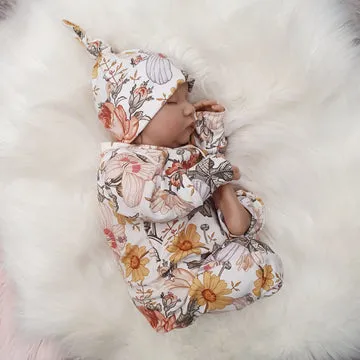
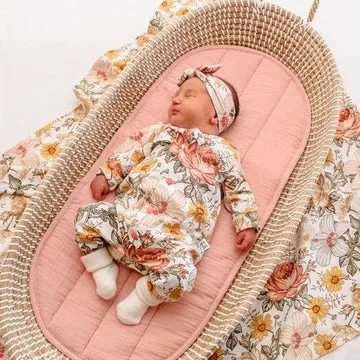
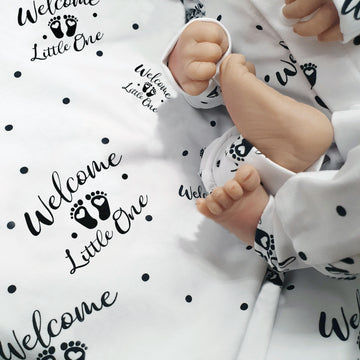




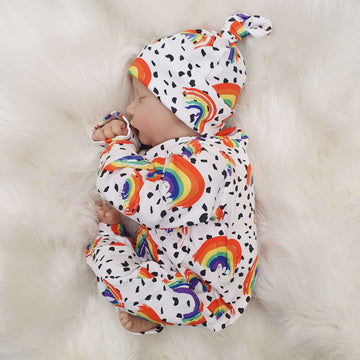
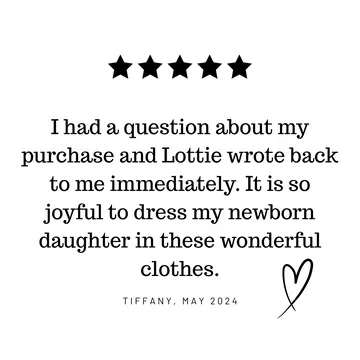
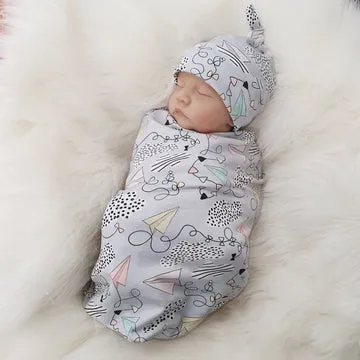
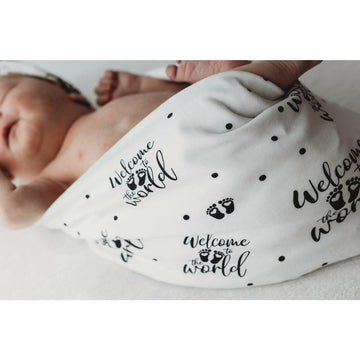
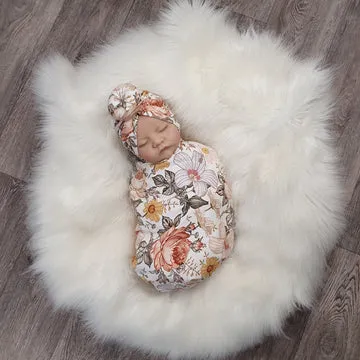
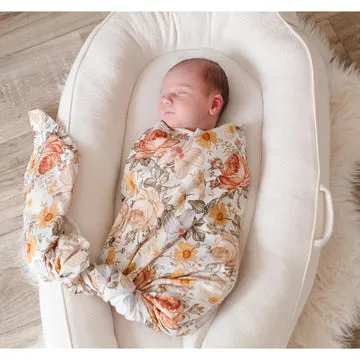
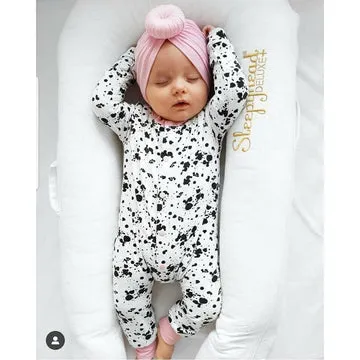

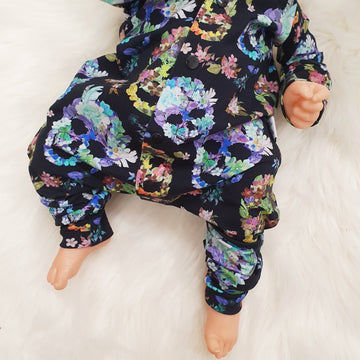


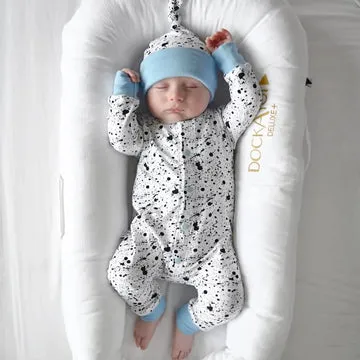

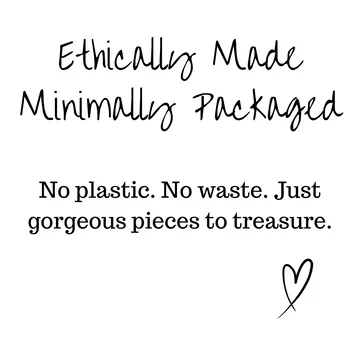

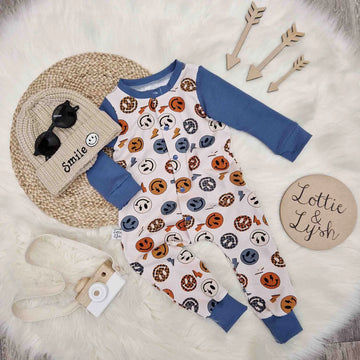


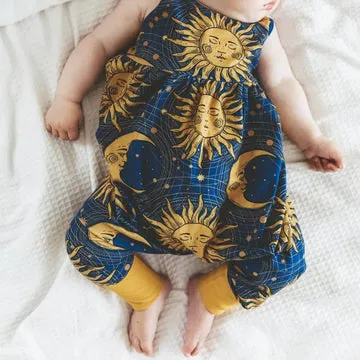
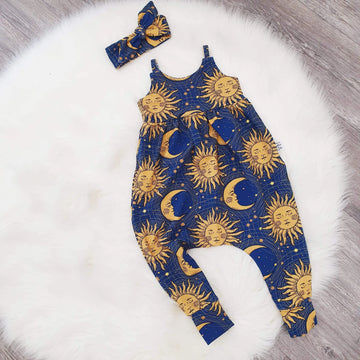
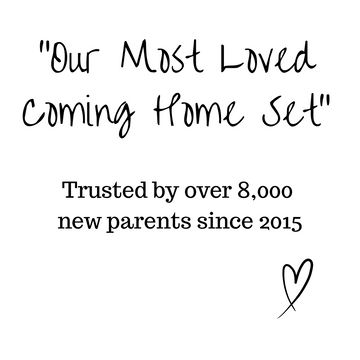


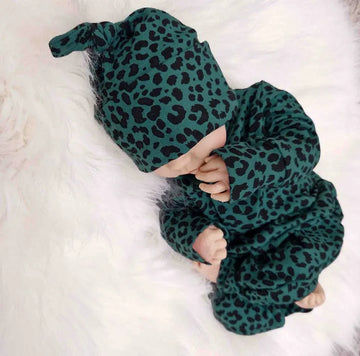
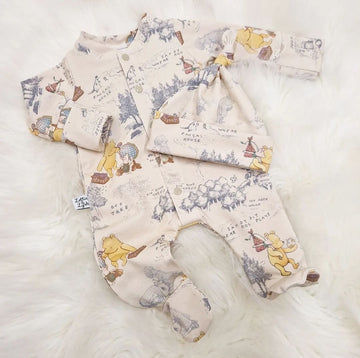
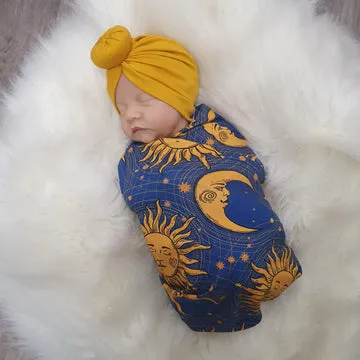
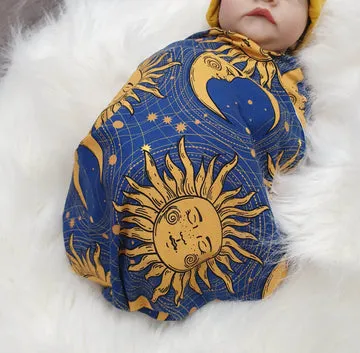


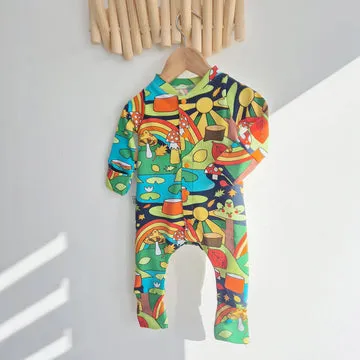

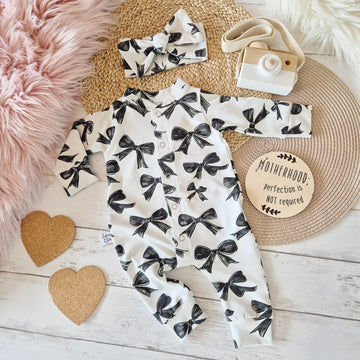
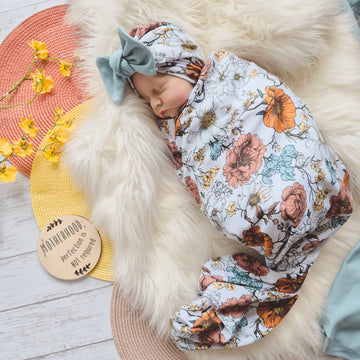
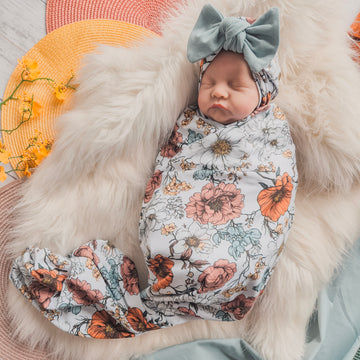



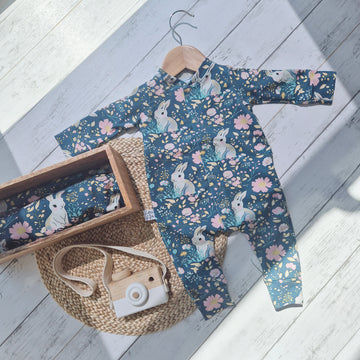
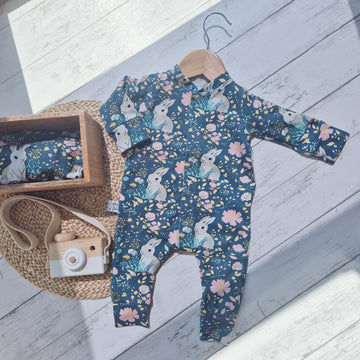
0 comments